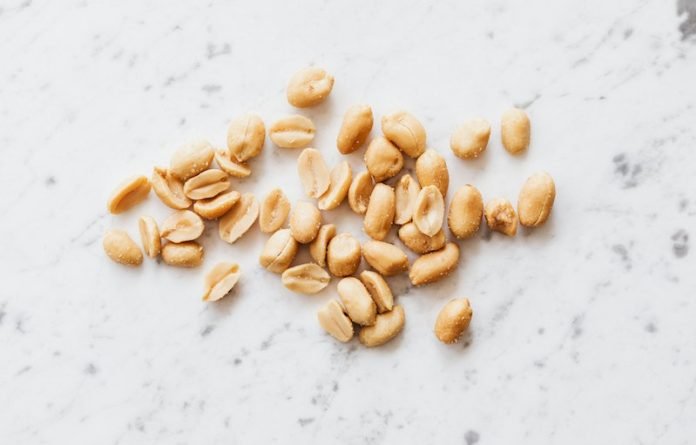
A recent study from the University of Liverpool found that frequent intake of peanuts by cancer patients could increase the risk of cancer spread.
They found that Peanut agglutinin (PNA) – a carbohydrate-binding protein that rapidly enters the blood circulation after peanuts are eaten – interacts with blood vascular wall (endothelial) cells to produce molecules called cytokines.
The cytokines in question, IL-6 and MCP-1 are well-known promoters of cancer spread.
The increased cytokine production causes other endothelial cells to express more cell surface adhesion molecules, making them more attractive to the circulating tumor cells and thus increasing cancer spread.
In an earlier study, the team reported that circulating PNA binds to a special sugar chain, which occurs mainly on pre-cancerous and cancer cells.
This interaction triggers changes in the larger protein, resulting in underlying adhesion molecules on the surface of the cancer cell becoming exposed, making the cancer cells stickier and easier to attach themselves to the blood vessels.
It also allows the cancer cells to form small clumps that prolong the survival of cancer cells in the body’s circulation. Many epithelial cancers spread to other organs by traveling through the bloodstream.
These studies suggest that very frequent consumption of peanuts by cancer patients might increase the risk of cancer spread.
The team says ‘normal’ peanut consumption yielding lower PNA concentrations is harmless. Heavy or very frequent peanut consumption might be better avoided by cancer patients.
The possible impact of heavy peanut consumption by cancer patients on survival will need to be examined in further studies.
The study was published in Carcinogenesis and conducted by Lu-Gang Yu et al.
If you care about cancer, please read studies that a low-carb diet could increase overall cancer risk, and vitamin D supplements could strongly reduce cancer death.
For more information about nutrition, please see recent studies about nutrient that could help reduce high blood pressure, and these antioxidants could help reduce dementia risk.
Copyright © 2023 Knowridge Science Report. All rights reserved.



